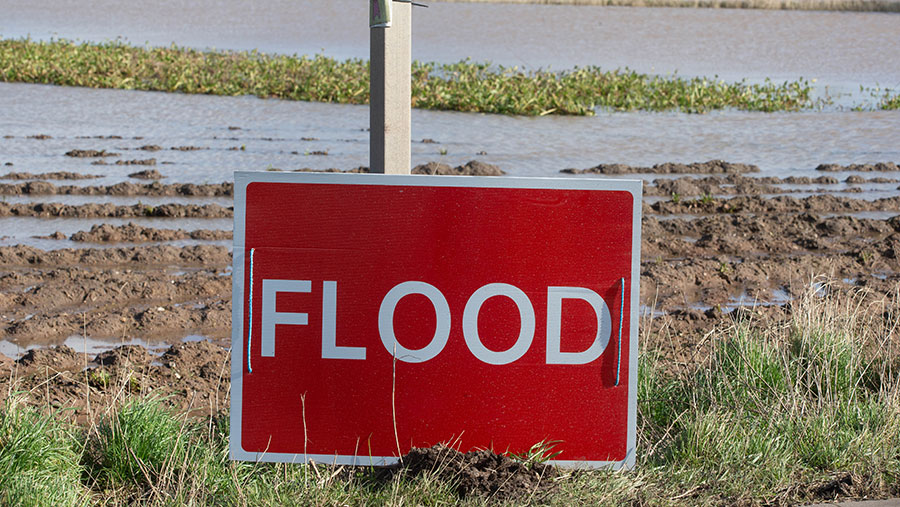Climate change threatens UK food security, warns report
 © Tim Scrivener
© Tim Scrivener Climate change is singled out as the biggest risk to UK and global food production in the future, according to the first UK Food Security Report (PDF).
The report states that extreme weather, including drought and changes to rainfall patterns, and more pests and diseases, threatens the long-term sustainability of global food supply and the UK’s overall food security.
The UK is 60% self-sufficient in food and this figure increases to 75% in foodstuffs that can be produced here. About 54% of food on plates is produced in the UK, including the majority of grains, meat, dairy, and eggs.
See also: Opinion: Farm input inflation is a threat to food security
The country imports almost half of the food it eats, and sourcing food from global markets “contributes to the UK’s food resilience”. But the report warns that over-reliance on global trade “can expose food supplies to global risks including logistical, political, and production disruption”.
For example, the UK typically requires 2.5 to 3 million tonnes of soybeans each year, primarily for animal feed and human consumption. This supply is highly concentrated on the Americas, and countries such as Brazil and Argentina are “vulnerable to adverse weather conditions… which are expected to become more frequent in a warmer climate”.
However, sustainable production methods can help to ensure the UK’s long term food security by protecting the natural capital embedded in soil, water, and biodiverse ecosystems, the report states.
The impact of the upcoming Environmental Land Management scheme in England, which will incentivise producers to farm more sustainably, and the possibility of a Sustainable Farming Scheme being introduced in Wales, will be monitored in future reports.
The report says the Covid-19 pandemic and Brexit have increased public awareness on food security, but also highlighted the challenges of securing labour for parts of the agricultural sector, which has relied upon EU workers to full low-skilled roles, for example in the meat processing and fruit and vegetable sectors.
The data reveals that 8% of the British population (5.4 million people) did not have enough food during the financial year 2019 to 2020 – with half of these having “very low food security” (2.7 million people).
Industry reaction
Vicki Hird, head of sustainable farming at food and farming alliance Sustain, said the report was a “stark reminder” of how vulnerable the UK is on food security.
She urged UK farmers to increase domestic production in ways that tackle nature and climate crises, using agroecological systems to produce more domestic fruit and vegetables and livestock systems “that don’t rely on the increasingly harmful and risky supply of imported feeds”.
Defra committed in the 2020 Agriculture Act to report to parliament on the UK’s food security at least once every three years following lobbying from the NFU and other farming organisations.
NFU president Minette Batters has called on the government to ensure the UK at least maintains its self-sufficiency in food.
“A start would be a serious commitment from government to, at the very least, maintain Britain’s food production self-sufficiency level at 60% and helping to create an environment for farm and food businesses to thrive and compete in the coming years.”
